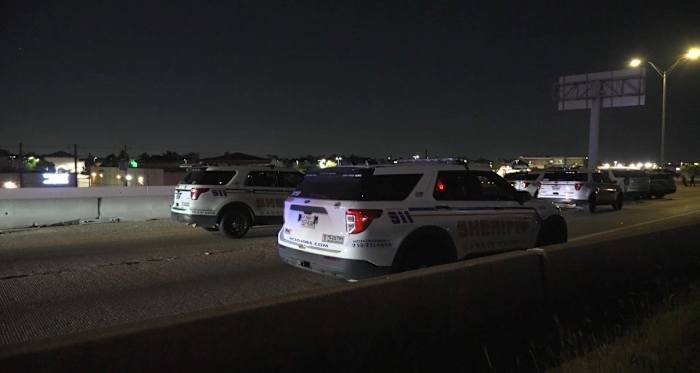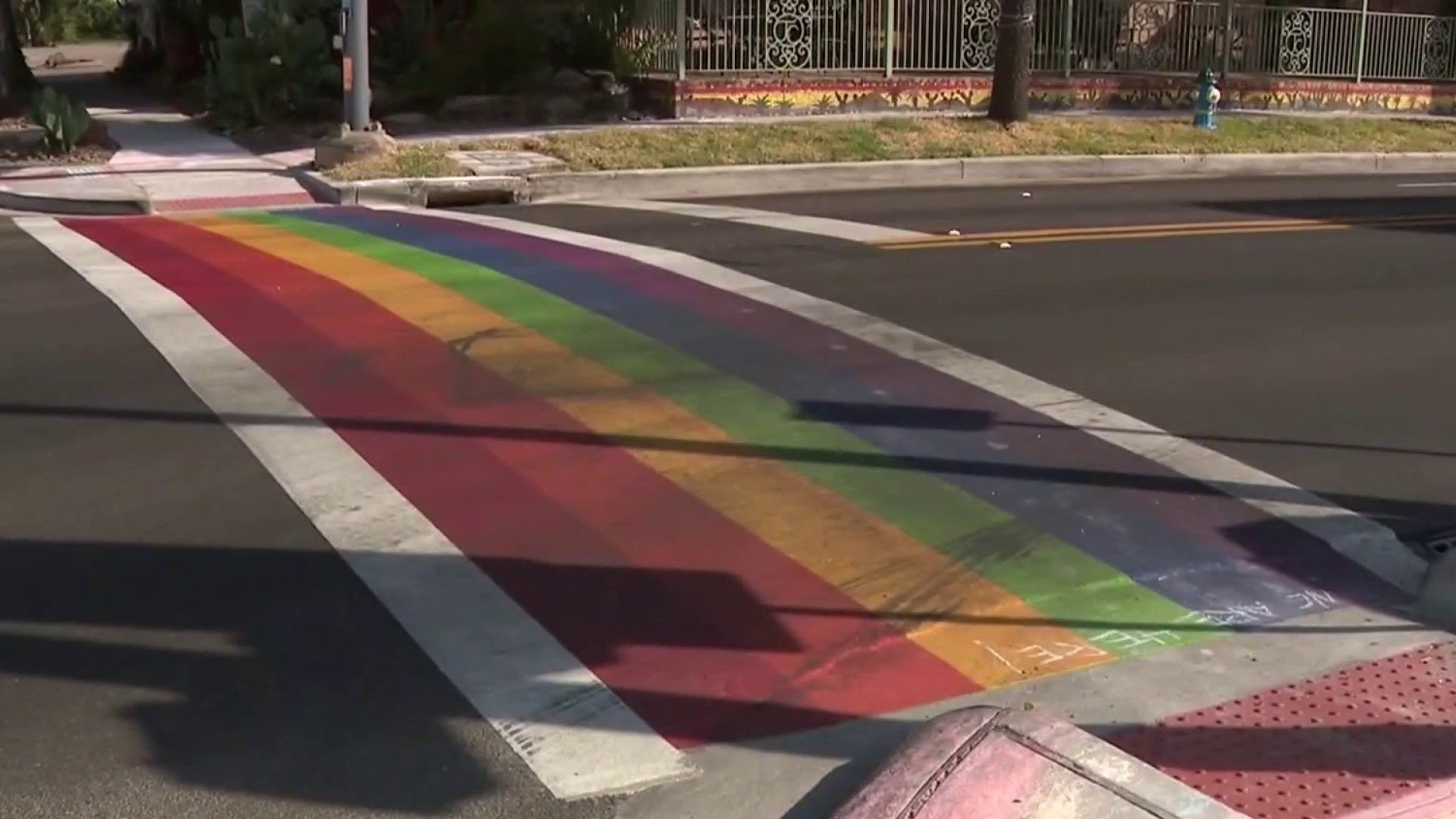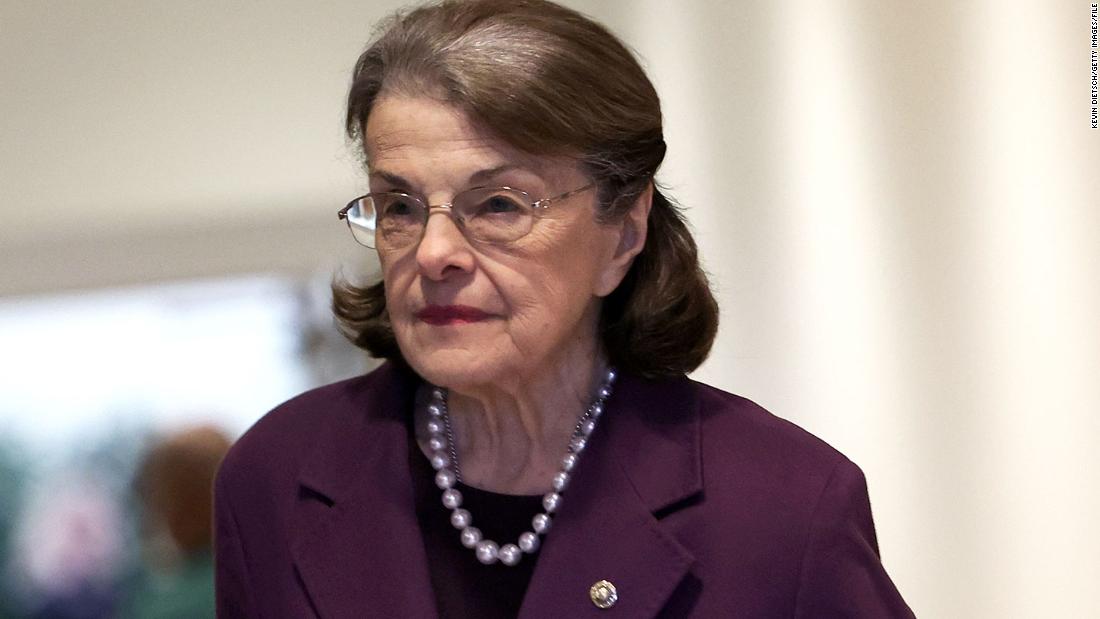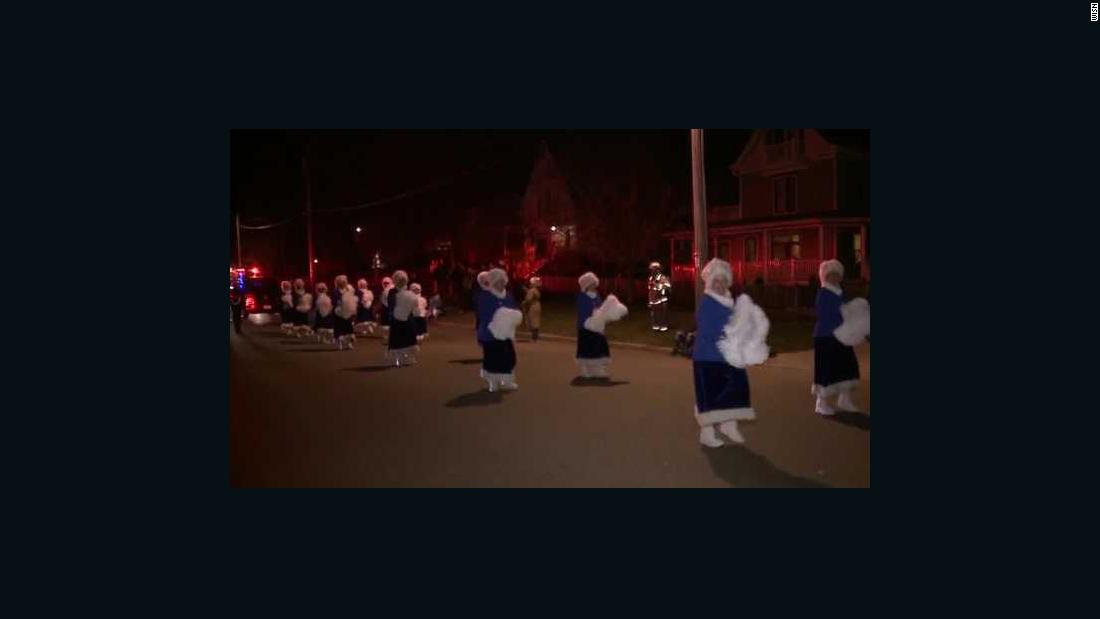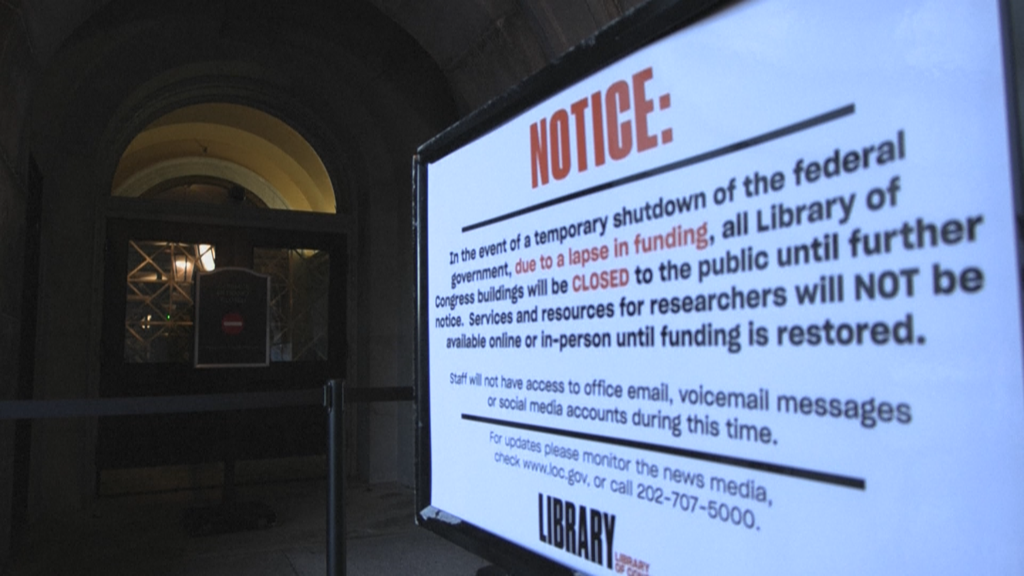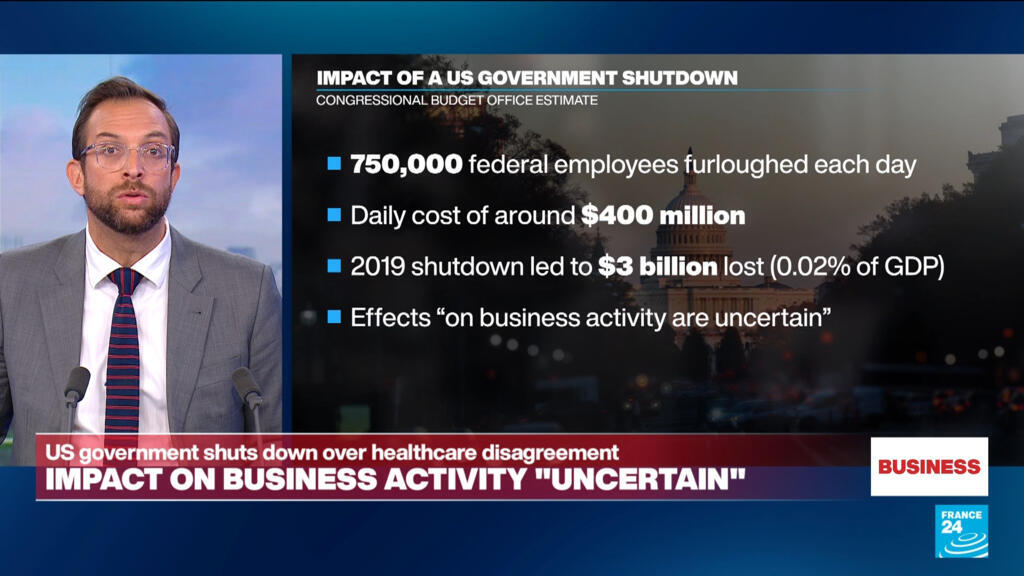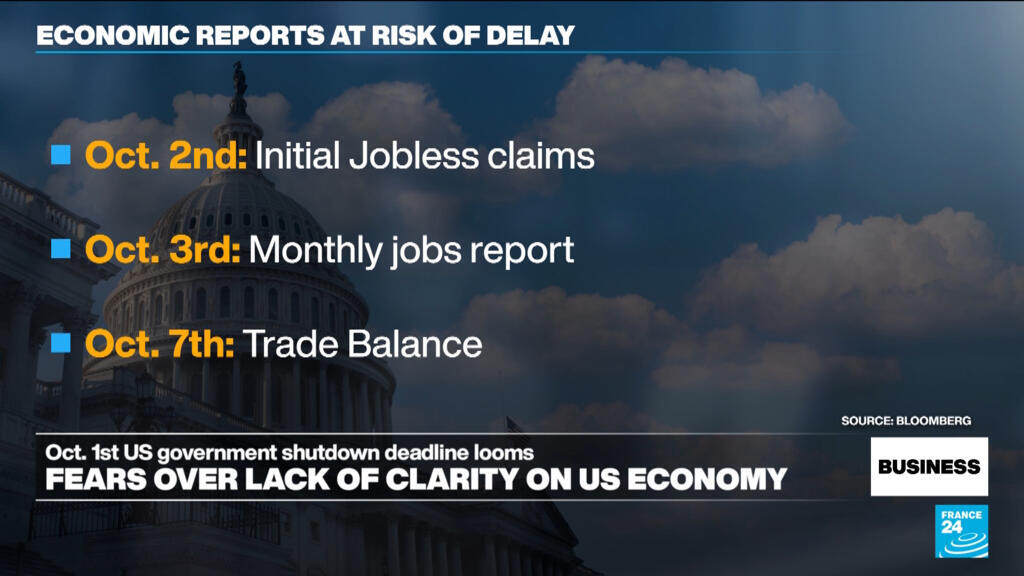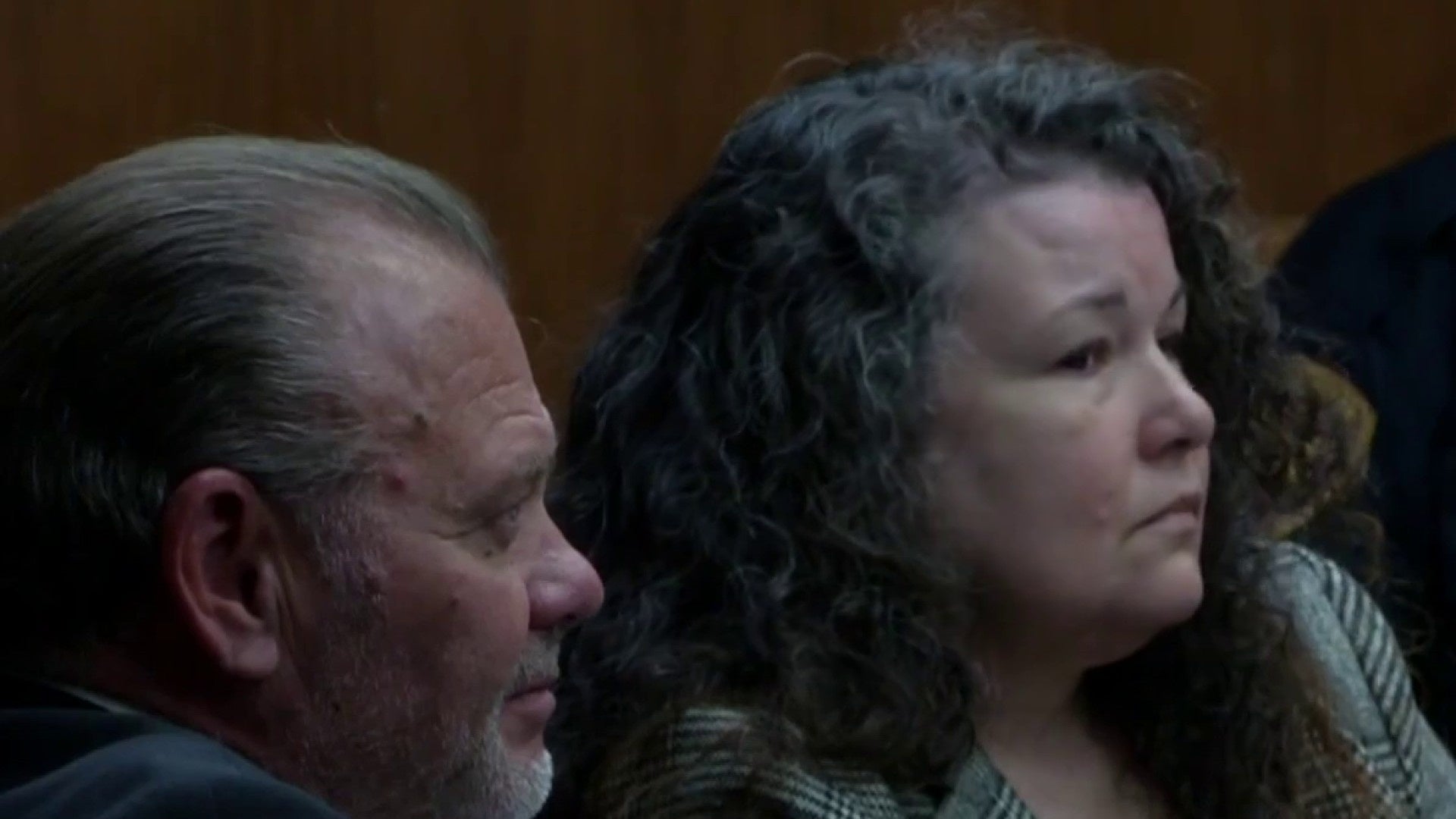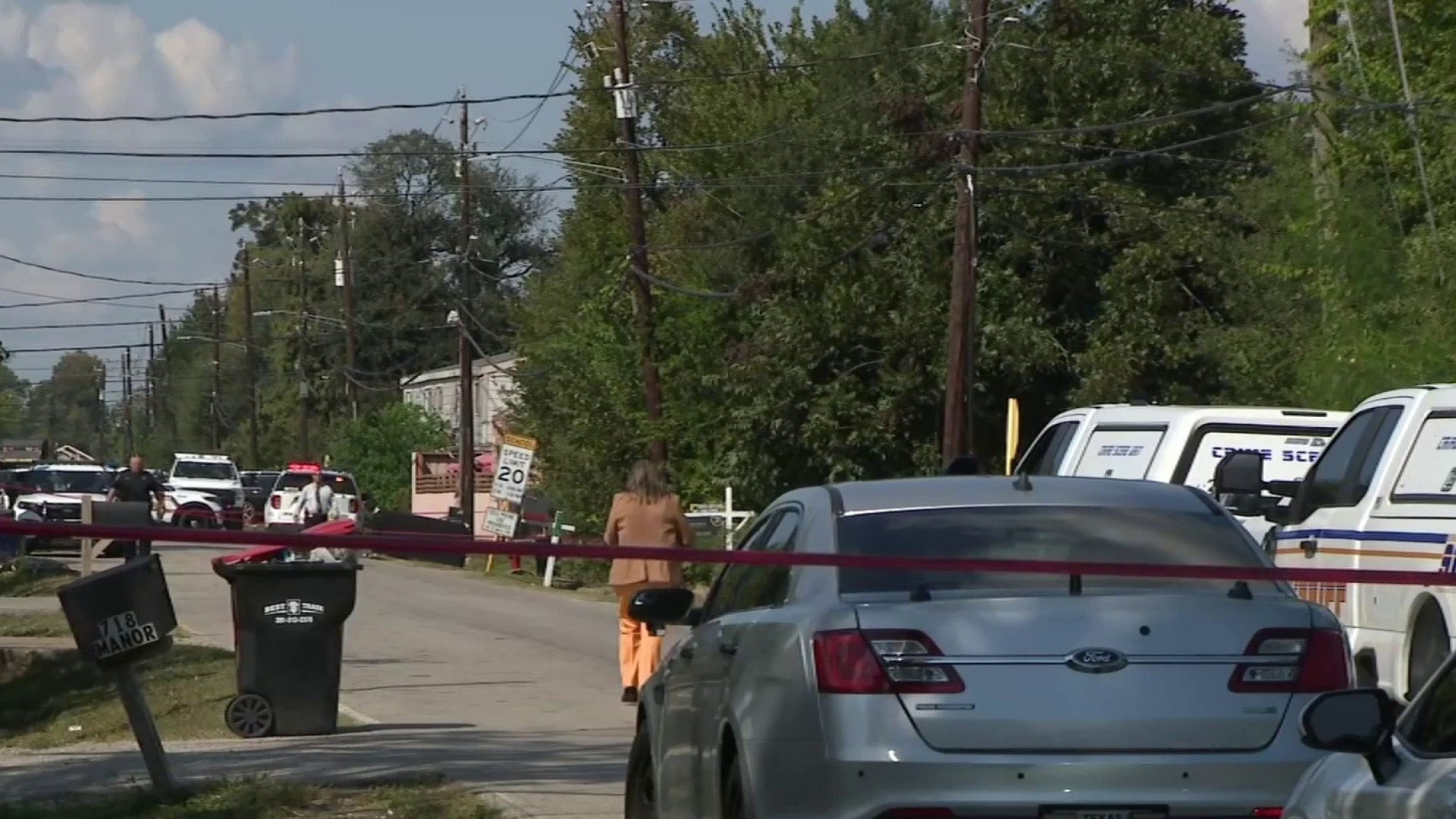Fort Bend County Approves 2 GOP, 2 Democratic Precincts
Shouting, finger-pointing, and accusations of racism and illegal activity dominated a three-hour Fort Bend County Commissioners Court meeting Monday that culminated in the approval of new precinct boundaries that will split the county 50-50 red and blue. The new map takes effect January 1, ahead of the 2026 elections when County Judge KP George, a […] The post Fort Bend County Approves 2 GOP, 2 Democratic Precincts appeared first on Houston Press.


Shouting, finger-pointing, and accusations of racism and illegal activity dominated a three-hour Fort Bend County Commissioners Court meeting Monday that culminated in the approval of new precinct boundaries that will split the county 50-50 red and blue.
The new map takes effect January 1, ahead of the 2026 elections when County Judge KP George, a new Republican, and two Democratic commissioners, Grady Prestage and Dexter McCoy, will be on the ballot for re-election.
Fort Bend County’s current precinct maps have three Democratic precincts and one Republican majority precinct. The redistricting effort was necessary, the court’s GOP members have maintained, to more accurately reflect population and voting patterns in the rapidly growing county. Judge George and Republican Commissioners Andy Meyers and Vincent Morales voted for the new map; Prestage and McCoy voted against it.
The Democrats, who had the court majority until George switched parties in June, secured three blue precincts when the maps were last redrawn in 2021. McCoy has maintained that a mid-decade redistricting effort is unnecessary and the maps approved Monday “fracture established communities and prioritize political gain over representation.”
“In their effort to engineer two white plurality precincts, the GOP majority has disregarded our county’s rich diversity, the very fabric of Fort Bend’s identity,” McCoy said in a statement after the meeting. “The voices of minority residents have been undervalued in this process. I voted against these maps because I believe in honest, transparent policies that reflect the people.”
“Moving forward, I will continue to fight for accountability and equity for every resident of Fort Bend County,” he added.
McCoy pointed out that his Precinct 4 was intentionally drawn as a “coalition district,” where two or more separate racial or ethnic minority groups, when combined, form a majority of the population and tend to vote together to elect the minority-preferred candidate.
“It’s ridiculous targeting with no basis in fact,” he said.
Meyers, who chose to move out of his home to relocate in his newly drawn district in ‘21, said, “Today, Commissioners Court took action to correct what had been a flawed process that resulted in an illegal map that did not meet state and federal statutes. Today’s action/decision also more fairly reflects the political makeup of Fort Bend County voters: roughly 50 percent Republican and 50 percent Democrat.”
During the meeting, Prestage said he regretted voting for the map in 2021 that caused Meyers to have to move out of his home.
“I’ll be forever trying to make amends for that,” Prestage said. “If I could do it over again, I would.”
Meyers said he’s responsible for setting the mid-decade redistricting effort in motion because he believes that the 2021 maps were based on race, which is illegal. The two Republicans on the court were not given time to review the map prior to adoption, he said.
The boundaries of the 2021 map have never been challenged in court and are supported by renowned redistricting attorney Bob Bass and the ACLU, among other organizations, McCoy said.
George said in a statement that the adopted maps “were shaped with full transparency, no added costs, and with the people’s voice at the center.”
“This process wasn’t about power. It was about people,” he said. “Do not let political rhetoric distort the truth. This court followed the law, included the public, and brought forward a fair and balanced map that respects every voice in our community.”
Political tension was established early in the meeting when Jacob Lee, chair of the advisory committee that recommended the approved map and a former officer for the Fort Bend County Republican Party, suggested that a transparent process wasn’t followed the last time voter precincts were approved because Democrats used “the COVID scam” to avoid holding public hearings.
McCoy responded, “COVID happened. There was a pandemic declared.”
“Whatever that was,” Lee said. “But it was over. Can we get back to the maps?”
While McCoy was questioning Lee, George told the advisory board chair he could sit down. McCoy then began to question attorney Richard Morris with the firm Rogers, Morris & Grover, hired to advise the committee on redistricting matters. Last month, a majority of the court voted to remove County Attorney Bridgette Smith-Lawson, a Democrat, from participating in redistricting discussions.
Morris refused to provide his credentials as an expert in redistricting law for the benefit of the public. McCoy moved to go into executive session but the motion failed.
“I’m not questioning your legal experience but I think for the record because, between the County Attorney’s Office and whatever else, there have been a lot of questions about your qualifications,” McCoy said.
Morris responded, “With all due respect, commissioner, I’m not going to present my resume. I’ve been hired. I’ve already done the work.”
Commissioner Meyers and Judge George repeatedly tried to stop McCoy from questioning the attorney. George banged a gavel and called for order, and a debate ensued over whether Robert’s Rules of Order was being followed. McCoy objected and just kept talking.
“At the end of the day, y’all are going to pass whatever map y’all want to pass,” he said. “I think we would want to do that with the confidence that we have thoroughly explained to the public exactly why we are doing a mid-decade redistricting.”
At one point, Prestage, a Democrat and the longest-serving elected official in Fort Bend County government, turned to George and said, “You started this. You put it on the agenda. You processed this whole process. It could have been avoided. Sit here and deal with it. You can’t just brush over it. You’ve got to deal with the consequences.”
Fort Bend’s current precincts, approved in 2021, are 60 percent red, 62 percent blue, 53 percent blue, and 56 percent blue. The new map reflects the following voter preferences:
- Precinct 1 (Commissioner Vincent Morales-R) 60 percent Republican
- Precinct 2 (Commissioner Grady Prestage-D) 68 percent Democrat
- Precinct 3 (Commissioner Andy Meyers-R) 54 percent Republican
- Precinct 4 (Commissioner Dexter McCoy-D) 58 percent Democrat

Lee said Monday that the process he spearheaded was transparent and built on principles that called for equal population in each precinct and compact and contiguous districts that are compliant with the Voting Rights Act. His committee held public hearings in each precinct and one town hall meeting.
McCoy said at least 40 residents offered feedback on the ‘21 map prior to its adoption. McCoy was not a commissioner at the time but worked for George as his chief of staff. A few residents suggested Monday that McCoy was the one who delivered the maps to the court in 2021.
The map adopted Monday, referred to as the “Mike Gibson JL Amendment 1 map, is posted on a Fort Bend County redistricting website. Other proposed maps were dismissed because they would have redistricted elected officials out of their homes. Residents who attended the public hearings were also concerned about ensuring that no single commissioner would oversee all of the county’s developable land, Lee said.
Some speakers brought up a concern Monday that Commissioner Meyers, whose district flips from blue to red under the new map, will now be overseeing the vast majority of undeveloped land in Fort Bend County. That allows him to broker a deal with Republican Texas Gov. Greg Abbott to bring a power plant to town, one speaker suggested.
After over an hour of public comment, Commissioner Morales condemned “unnecessary personal attacks” on advisory committee members. George acknowledged that some members of the public don’t like him and said that’s part of democracy. He dismissed claims that the redistricting effort would cost $1 million.
“Do not allow political interests of a few to cloud your judgment about the work being done in the interest of all,” he said. “We’ve heard over and over that we’re breaking the law. We are not breaking any law. Absolutely not.”
Tension remained high in the final moments of Monday’s meeting until George announced adjournment shortly after 4 p.m. George interrupted Smith-Lawson as she tried to make a clarification, and then allowed the hired attorney, Morris, to speak. Commissioner Prestage stood up as though he was going to walk out, and shouting ensued over whether the court needed to first vote on an amendment before approving the original motion.
About a dozen residents spoke against the redistricting process, some of whom brought up George’s legal issues and suggested he may have switched parties and launched the redistricting effort as part of a deal for a ‘get out of jail free card.”
The judge is slated to go to trial in January on misdemeanor identity misrepresentation charges and in February on felony money laundering charges. George has accused Fort Bend District Attorney Brian Middleton, a Democrat, of pursuing a political vendetta against him.
Fort Bend resident Sarah Roberts said she believes an arrangement was made for George to “provide a critical vote to gerrymander our local maps in exchange for preferential legal treatment.”
“In exchange for making Meyers a super-commissioner with nearly half the county’s undeveloped land, Judge George appears to believe he will get a get-out-of-jail-free card. No matter your political alliances or allegiances, corruption is wrong and illegal.”
Chris Pino, a board member of the nonprofit Texans Against Gerrymandering, said the “Mike Gibson map” that was ultimately approved would remove up to half of the Asian voters out of Precinct 3.
“I understand the imperative to draw Republican-leaning maps, and since y’all hold the power, you have the legal right to do that,” he said. “Partisan gerrymandering is legal, but this has nothing to do with partisanship and everything to do with the clear language of the Constitution.”
Several residents also spoke in support of the redistricting effort.
Margaret Daniel, a Republican Party precinct chair, said the redistricting initiative is focused on “correcting injustice.”
“The action [in 2021] was taken without an advisory committee, without warning,” she said. “As a result, thousands of Fort Bend County voters were left without representation that reflects their communities or voices.”
“Some are now arguing that redrawing the map in 2025 is disruptive, but we must remember that in 2021, over 80 percent of Fort Bend residents were reassigned to new precincts,” Daniel added. “At that time, apparently, disruption wasn’t a concern. I find it a double standard to allow Democrats to racially gerrymander seats for their purposes but declare racism when Republicans are seeking an electoral advantage. I’m advocating for equity.”
The post Fort Bend County Approves 2 GOP, 2 Democratic Precincts appeared first on Houston Press.

